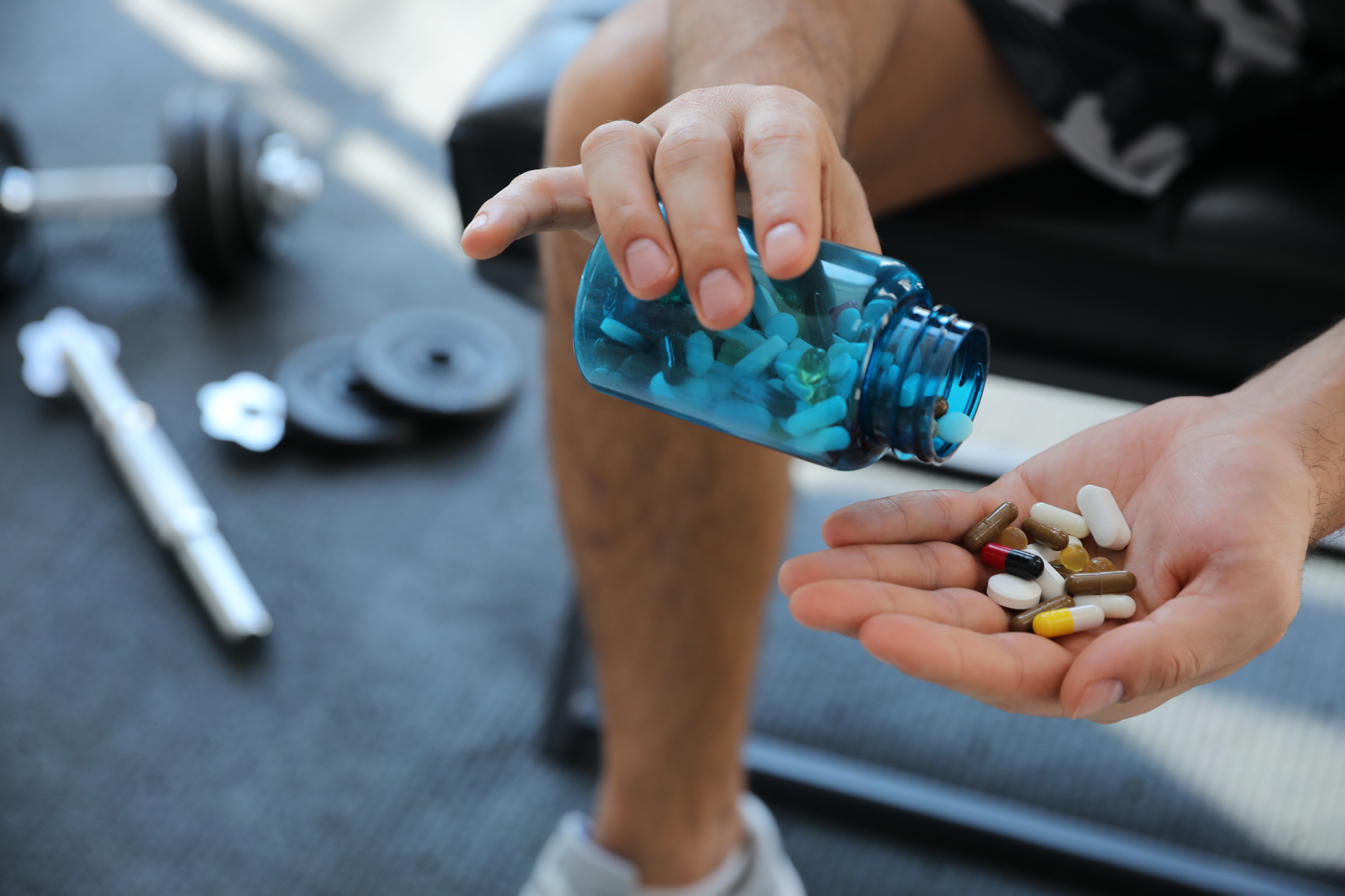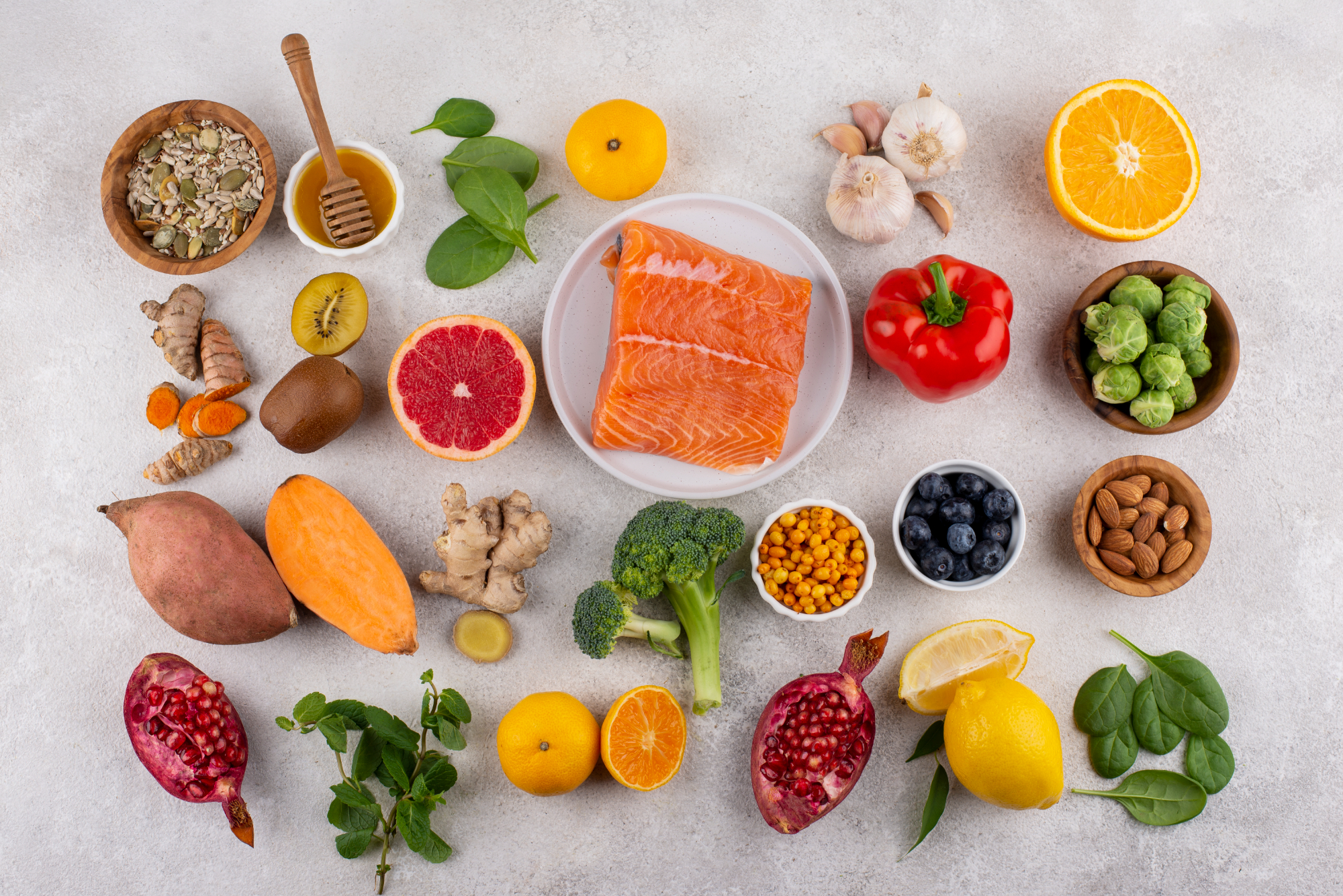Is It Safe for Teens to Take Protein Supplements? Experts Weigh In

A recent survey conducted by researchers from the University of Michigan Health’s C.S. Mott Children’s Hospital reveals an intriguing trend: 41% of parents with teens aged 13-17 report that their children consumed protein supplements over the past year. These supplements, including protein bars, shakes, and powders, are gaining popularity not just among adults but also among teenagers. The rise in protein consumption follows a broader national trend, as 71% of American adults are trying to increase their protein intake in 2024, with more teens following the same path.
For many teens, protein is associated with better health, fitness, and improving their appearance. But is it safe for them to use protein supplements, and what’s behind this surge in protein consumption? Experts weigh in on the growing popularity of protein supplements among teens.
What’s Behind the Protein Boom Among Teens?
Generally speaking, teenagers turn to protein supplements to improve their health, enhance sports performance, or build muscle. However, a closer look at the survey data reveals that the reasons for using protein supplements often differ based on gender. For boys, the primary motivation for using protein is to build muscle and improve athletic performance, with 55% of parents reporting their sons used protein supplements for this reason. On the other hand, a significantly smaller percentage of girls—18%—used protein supplements for muscle-building purposes.
However, protein consumption among girls often serves different purposes. About 34% of parents of girls reported that their daughters used protein supplements as meal replacements when they were too busy to eat regular meals. This is in contrast to just 18% of boys’ parents reporting the same. Additionally, more parents of girls indicated that their teens consumed protein supplements to help with weight loss or because they believed it was a part of a healthy diet. These gender differences highlight that protein supplementation is not just about fitness but also reflects broader concerns around weight management and busy lifestyles.
Experts suggest that the increased popularity of protein supplements may also be influenced by trends set by adults. Protein supplements have grown in popularity over the past three decades, transitioning from a niche product for athletes to something widely available and used by the general public. Dana Ellis Hunnes, PhD, a senior clinical dietitian at UCLA Health, explains that protein supplements used to be primarily associated with athletes, but now they’re common in mainstream markets. As adults increasingly opt for high-protein diets, it’s no surprise that many teens are following suit.
Social media is another driving force behind the rise in teen protein use. Platforms like TikTok, where influencers promote high-protein diets and fitness trends, may lead teens to believe they need more protein than they actually do. According to Sarah J. Clark, MPH, co-director of the C.S. Mott Children’s Hospital National Poll on Children’s Health, around 10% of parents reported that social media influences their teens’ desire to consume more protein—though Clark believes the true figure may be higher.
Are Protein Supplements Healthy for Teens?
Protein is an essential macronutrient that helps build muscle, support immune function, and repair cells. For teens, it plays a vital role in growth and development. The American Academy of Pediatrics recommends that children aged 11-14 consume half a gram of protein per pound of body weight daily. For example, a teen weighing 110 pounds would need around 50 grams of protein per day. However, the amount of protein required will vary depending on factors like activity level, weight, and health goals.
While protein supplements can be convenient, they are not always necessary. Many teens can meet their protein needs through whole foods like meat, chicken, dairy, eggs, and legumes. Protein bars and shakes, though marketed as nutritious options, may contain added sugars, unhealthy fats, and stimulants, such as caffeine, that can be detrimental to teens’ health.
Experts caution that consuming more protein than the body needs may not provide additional benefits. “Giving your body more protein than it can use isn’t going to help,” explains Sarah Clark. “It’s not going to make you faster, stronger, or better at your sport. It’s just going to get converted into fat.” Protein supplementation can also be costly and may not provide the essential vitamins and minerals found in whole foods.
However, protein supplements may be beneficial for teens who are underweight, have higher activity levels, or are involved in intense sports training. For example, athletes such as high school swimmers, football players, or triathletes who undergo frequent and strenuous physical activity may benefit from the extra protein to help with muscle recovery and repair. In such cases, adding protein powder to a smoothie or a glass of chocolate milk can support their recovery process.
In certain cases, supplements can also be helpful for families who may not have the resources to provide protein-rich meals regularly. Protein supplements can fill in dietary gaps for those who struggle to get enough protein through food alone.
The Bottom Line
While protein supplements can be safe and beneficial for some teens, they are not necessary for everyone. Many teens can meet their protein needs through a balanced diet, and focusing on whole foods like lean meats, dairy, and plant-based proteins can help ensure they receive the nutrients they need for healthy growth and development. If a teen is considering protein supplements, it’s important to consult with a pediatrician to determine whether they are necessary.
For most teens, a nutritious and balanced diet should provide all the protein they need. Protein supplements should only be used in specific situations, such as for those engaged in intense physical activity or for teens with dietary restrictions. Ultimately, it’s essential to approach protein supplementation thoughtfully and avoid relying on products that may not offer the same nutritional value as whole foods.












